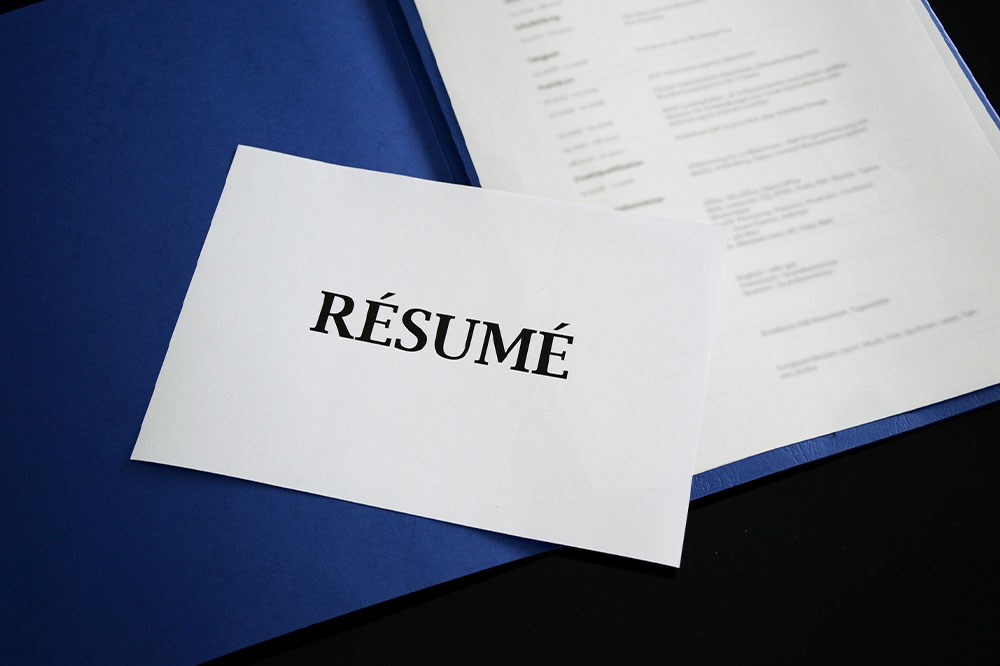Effective Resume Strategies to Make Your Application Stand Out
Learn comprehensive strategies to craft an impactful resume that captures recruiters' attention. By incorporating industry keywords, choosing an appealing format, keeping it concise, and maintaining professionalism, your resume can stand out from the competition and increase your chances of landing interviews. This guide provides actionable tips to optimize your job application and showcase your unique value to potential employers effectively.

Effective Resume Strategies to Make Your Application Stand Out
Constructing an impactful resume is a crucial first step in any job application process. It serves as the gateway to securing interviews and ultimately landing the desired position. Many job seekers underestimate the importance of a well-crafted resume, often viewing it simply as a listing of qualifications and work history. However, in today's competitive job market, a generic or uninspired resume rarely captures the attention of recruiters or hiring managers. It's vital to go beyond basic information and craft a document that not only highlights your skills but also differentiates you from other candidates.
With hundreds of applications flooding employers' inboxes, standing out requires strategic presentation and thoughtful content. An unremarkable or poorly formatted resume can easily be overlooked, leading to missed opportunities. To increase your chances of success, your resume must demonstrate your unique value proposition effectively, exhibiting professionalism, clarity, and relevance.
If your current resume resembles many others, it's time to revamp it with proven strategies. Here are comprehensive tips to optimize your resume and elevate your job application game, ensuring that your profile captures attention during the initial review process and increases your chances of progressing to the interview stage.
Incorporate Industry-Specific Keywords
One of the most effective ways to ensure your resume reaches the right eyes is through the strategic use of keywords. Many companies utilize Applicant Tracking Systems (ATS) to filter resumes before they even reach human recruiters. Including keywords relevant to your industry, such as specific skills, job titles, tools, and certifications, can significantly improve your resume's visibility. For example, if you're applying for a marketing role, words like "SEO," "content management," or "digital campaigns" should be naturally integrated into your resume. Research the job descriptions you’re interested in and mirror the language used to increase alignment with ATS filters and recruiters' expectations.
Opt for a Visually Appealing and Clear Format
First impressions matter, especially when recruiters scan multiple resumes quickly. An aesthetically pleasing, professional layout can make your application easier to read and more memorable. Use clean fonts, consistent headings, and ample white space to avoid clutter. Highlight key sections such as your skills, experience, and achievements with bold or bullet points, allowing for easy skimming. While an attractive design can draw initial interest, prioritize clear and relevant content. A balanced combination of appealing visuals and substantive information creates a compelling resume that encourages further review.
Keep Your Resume Concise and Focused
Recruiters often spend just a few seconds initially reviewing each application. Lengthy resumes can be overwhelming and diminish the chances of your application being read thoroughly. Aim for a one to two-page resume that emphasizes your most impactful achievements and core skills. Focus on quantifiable results—such as revenue growth, cost savings, or project completion—as they illustrate your capabilities more effectively. Younger professionals or those with less experience should aim for one page, while more seasoned candidates can extend to two pages if necessary, but avoid unnecessary details.
Maintain a Professional and Honest Tone
Accuracy and professionalism are non-negotiable. Ensure all information is truthful, up-to-date, and relevant to the position. Avoid embellishments, exaggerations, or false claims, as these can be easily uncovered during interviews or background checks and can damage your reputation. Use a professional tone, avoid slang or overly casual language, and ensure that your contact information, employment history, and educational background are correct and free of typographical errors. A polished, error-free resume reflects your attention to detail and dedication.
Further, tailor your resume for each application by emphasizing the most relevant skills and experiences aligned with the specific role. Customize your resume to fit the company's culture and the job requirements, demonstrating that you’ve thoroughly researched the organization and understand what they seek in an ideal candidate. Incorporating a compelling professional summary or objective statement at the beginning can also succinctly convey your career goals and what you bring to the table, setting a persuasive tone from the outset.
In summary, creating a standout resume requires a combination of targeted keywords, appealing design, brevity, professionalism, and customization. When done correctly, these strategies can significantly improve your chances of catching the attention of hiring managers and securing interviews. Remember, your resume is your personal marketing tool—invest the necessary time and effort into making it as impactful as possible. With a well-crafted resume, you are better positioned to navigate the competitive landscape of today’s job market and achieve your career goals.





